
An Effective Way to Protect Your Dental Health
Root canal treatment is a procedure designed to repair significant damage to the internal structure of a tooth and preserve it without extraction. When the tooth nerves become inflamed or infected, this treatment alleviates pain, maintains the tooth's function, and ensures long-term oral health. Root canal therapy is one of the most effective solutions to save a tooth before it needs to be removed. In this article, we will explore what root canal treatment is, why it’s necessary, how it’s performed, and what care is needed afterward.
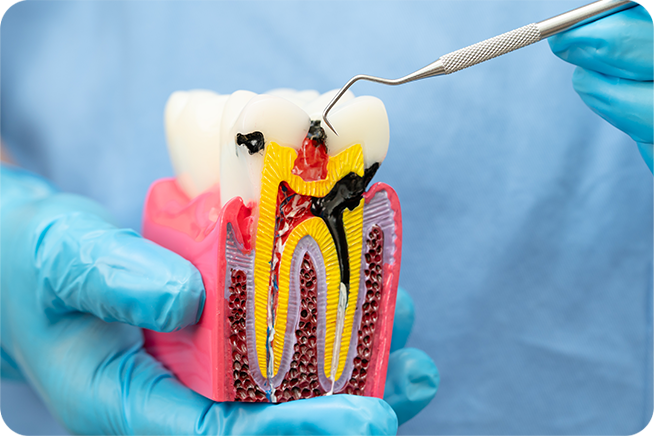
🦷 Why Is Root Canal Treatment Necessary?
Root canal treatment involves the removal of the pulp tissue, which contains nerves and blood vessels, when it becomes inflamed or damaged. The pulp is a vital part of the tooth that supplies nutrients and oxygen to the tooth. However, it can become infected due to deep cavities, dental trauma, or repeated dental treatments.
When the pulp becomes infected, it can cause severe pain, sensitivity, and ultimately lead to tooth loss. Through root canal treatment, this damaged tissue is cleaned, and the tooth is preserved while the pain is eliminated. If left untreated, the infection can spread to the jawbone, leading to more serious health issues.
🦷 When Is Root Canal Treatment Recommended?
It's essential to consult a dentist for early intervention if any of these conditions are present.
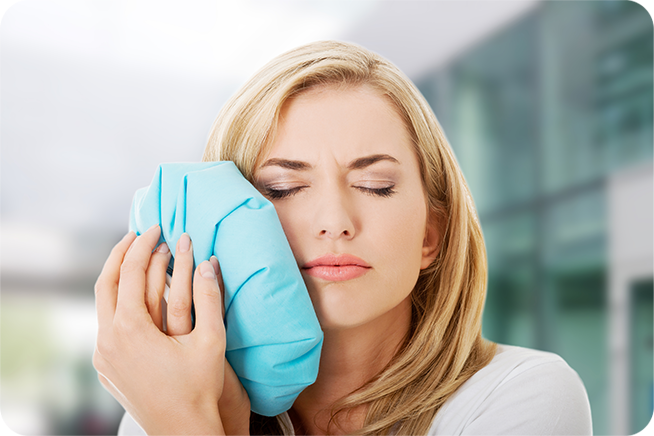
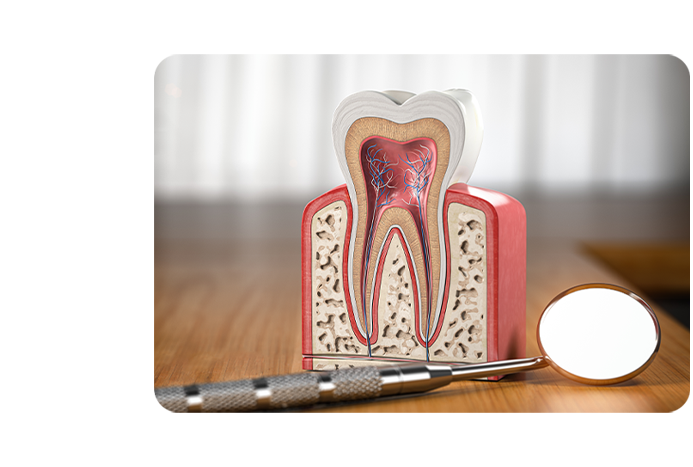
🦷 Common Symptoms Indicating the Need for Root Canal Treatment
If any of these signs occur, it’s crucial to see a dentist promptly. Early diagnosis leads to easier and faster treatment.
🦷 How Is Root Canal Treatment Performed?
Root canal treatment typically takes one or two sessions. The process includes the following steps:
After the treatment is completed, the tooth can continue to function normally.
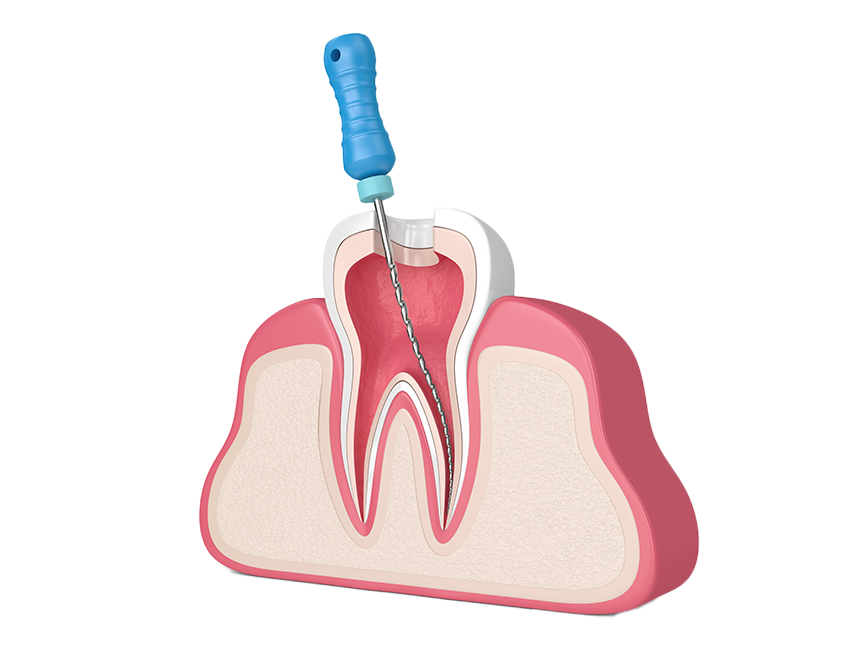
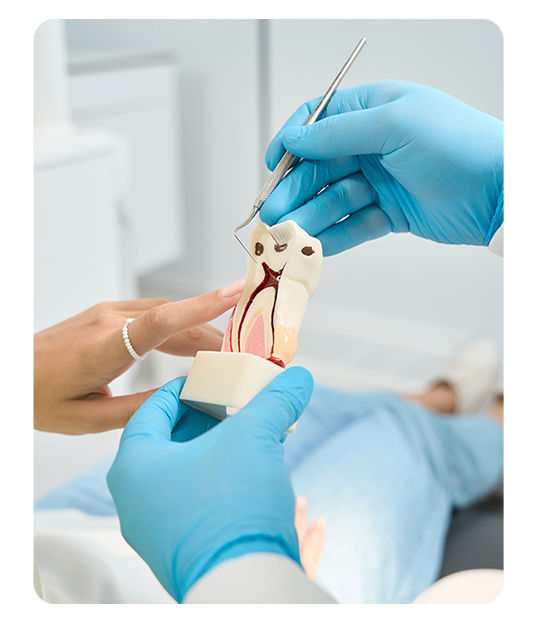
🦷 Aftercare for Root Canal Treatment
To maintain dental health after a root canal, the following guidelines should be observed:
Proper aftercare ensures the treated tooth remains healthy for many years.
🦷 Frequently Asked Questions about Root Canal Treatment
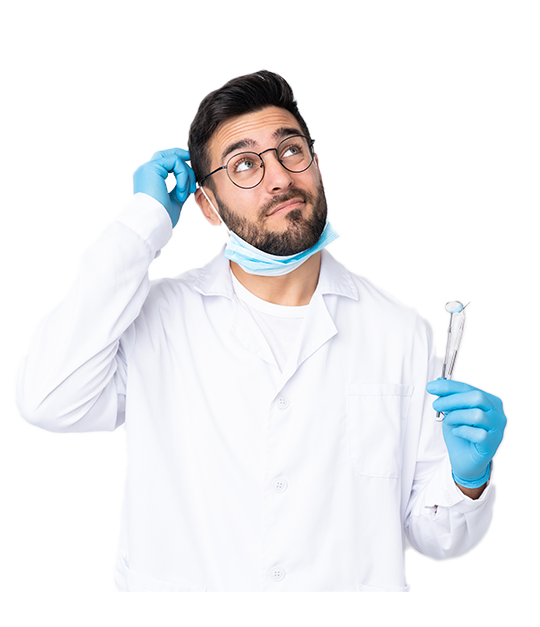

🦷 At LHC Clinic, we are committed to preserving your dental health using the most advanced root canal techniques. Our expert dentists use the latest methods to ensure your root canal treatment is performed efficiently and without pain.
Don’t neglect your dental health! Visit LHC Clinic for regular check-ups and to maintain healthy, long-lasting teeth.
Good for Teeth:
• Dairy products (yogurt, cheese) rich in calcium
• Crunchy vegetables and fruits that stimulate saliva
• Water and green tea, which help cleanse the mouth
Avoid or Limit:
• Sugary snacks and drinks
• Sticky candies
• Acidic foods and drinks like citrus fruits and soda
Balanced nutrition supports not only oral health but also overall well-being.
Porcelain Laminates:
• Long-lasting and stain-resistant
• High aesthetic value with natural translucency
• Require more tooth preparation
Composite Laminates:
• Applied directly in the dental chair
• More budget-friendly
• Easier to repair but less durable and more prone to discoloration
Which to Choose?
Porcelain laminates are preferred for long-term, high-aesthetic cases, while composite
laminates are a good option for quicker, more affordable smile improvements.
Causes of Tooth Stains:
• Foods and drinks like coffee, tea, red wine
• Tobacco use
• Aging and enamel thinning
Whitening Methods:
• Professional in-clinic whitening treatments
• Over-the-counter whitening products (less effective for deep stains)
Professional methods offer faster, more noticeable, and longer-lasting results.
Bone grafting restores bone in areas where it's lost due to tooth extraction, gum disease, or
trauma.Types of bone grafts include:
• Synthetic materials
• Donor or patient’s own bone (autograft)
Bone grafting supports future dental implant placement or maintains facial structure.
Missing teeth can lead to:
• Shifting of adjacent teeth, causing bite problems
• Bone loss in the jaw over time
• Speech difficulties and chewing inefficiency
• Psychological effects, such as lowered self-esteem
Timely replacement with suitable dental prostheses can prevent these complications.
